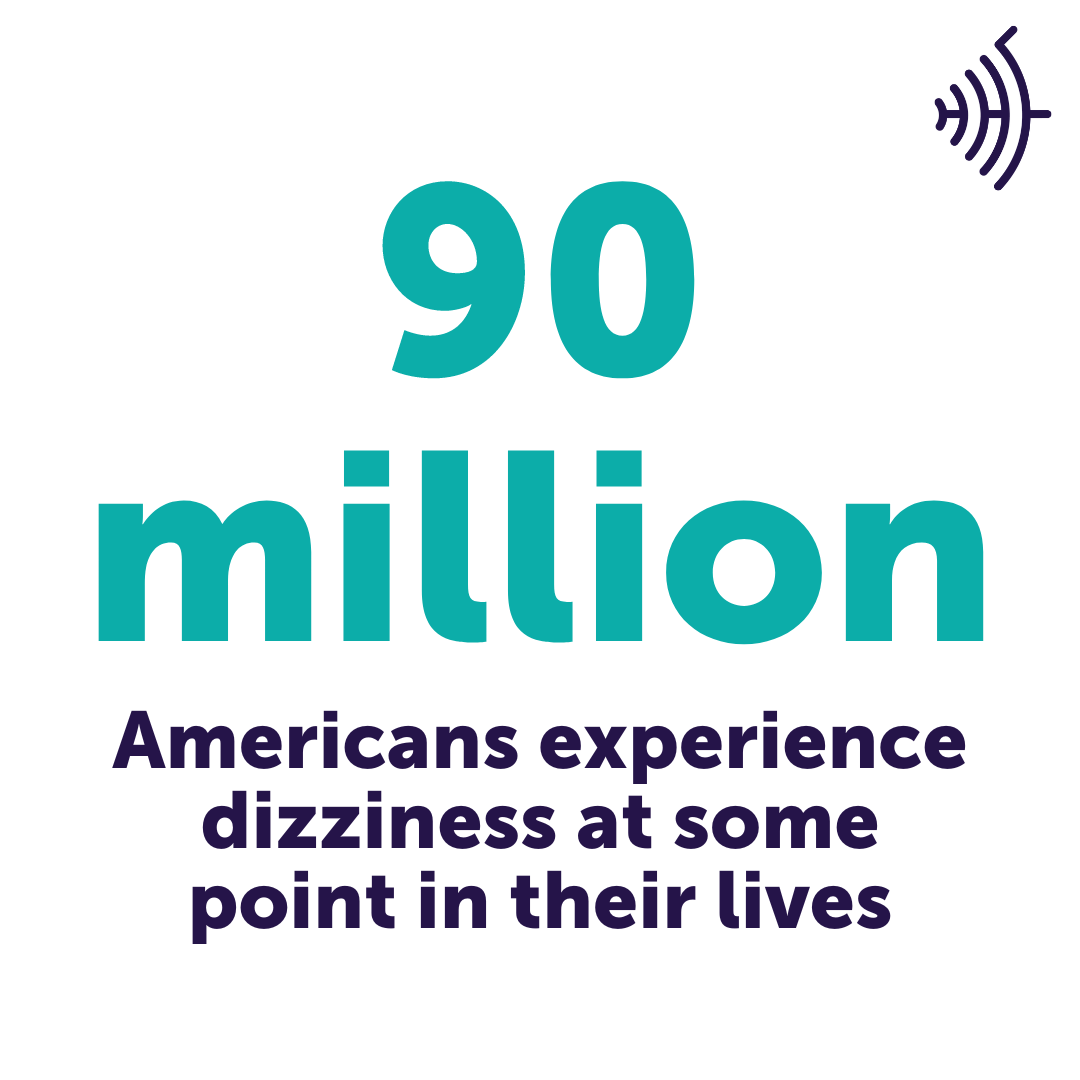By Rohima Badri, Ph.D.
Have you ever felt dizzy, nauseous, or unsteady on your feet after leaving a loud concert? That could be the balance organ inside your inner ear reacting to the loud sounds.
Credit: @coltonsturgeon/Unsplash
We now know that noise affects our hearing and increases our risk of hearing loss and tinnitus. However, the balance (vestibular) organs, which are also located in the inner ear, can also be affected by noise overstimulation and cause devastating effects—dizziness, vertigo, imbalance, and blurred vision, to name a few.
Some 90 million Americans experience dizziness at some point in their lives. Vestibular disorders are common health complaints among people over the age of 70, causing falls and loss of balance. Individuals with balance conditions are highly prone to anxiety, depression, and cognitive deficits.
The vestibular system in the inner ear consists of three semicircular canals filled with fluid that aid in detecting various head movements, such as tilting the head up or down, to the right or left, or in a sideways motion. The utricle and saccule, two nearby otolith organs, sense acceleration and respond to gravity. Collectively, the five organs receive sensory data from both ears, which is then processed in the brain and sent to the organs that help us balance and orient us to our surroundings.
Both human and animal studies show that prolonged or intense noise exposure can cause structural and functional damage to the vestibular organs and their pathways leading to the brain.
Significantly, research indicates that the extent of noise damage to the vestibular system, like the auditory system, is determined by characteristics such as duration, frequency, level, and time course. For example, vestibular damage can be caused by both brief exposure to an intense sound like an explosion or by repeated/continuous exposure to loud sounds over a period of time.
Hearing and balance are more connected than we realize. Jennifer Stone, Ph.D., a member of Hearing Health Foundation’s Hearing Restoration Project, presented a webinar on the relationship between balance and hearing that emphasized the close relationship between the hearing and balance organs.
“People who have hearing loss are much more likely to have balance disorders than those who do not have hearing loss,” she explains in the webinar. “This is in large part because the primary organs for hearing and balance are both located in the inner ear in a common space, and they share similar biological and physiological features.
“So, importantly, the same things that cause hearing loss also induce vestibular deficits and vice versa,” Stone says in the webinar, adding, “Our vestibular sense, like our hearing sense, is crucial for our well-being.”
Noise-induced vestibular damage, like noise-induced hearing loss, can be prevented. Protect both your hearing and your balance by following safe listening practices, keeping up with regular hearing checkups, and being on the lookout for any problems with balance.
Rohima Badri, Ph.D., lives in New Jersey. Her received her doctorate in audiology and hearing sciences from Northwestern University. For healthy hearing tips, see HHF’s Keep Listening campaign, for which Badri is an adviser.









I made one hat to solve problems, never imagining how many other adults and children would relate. It’s an honor to be able to give something back to the cochlear implant community that understands this journey so well.